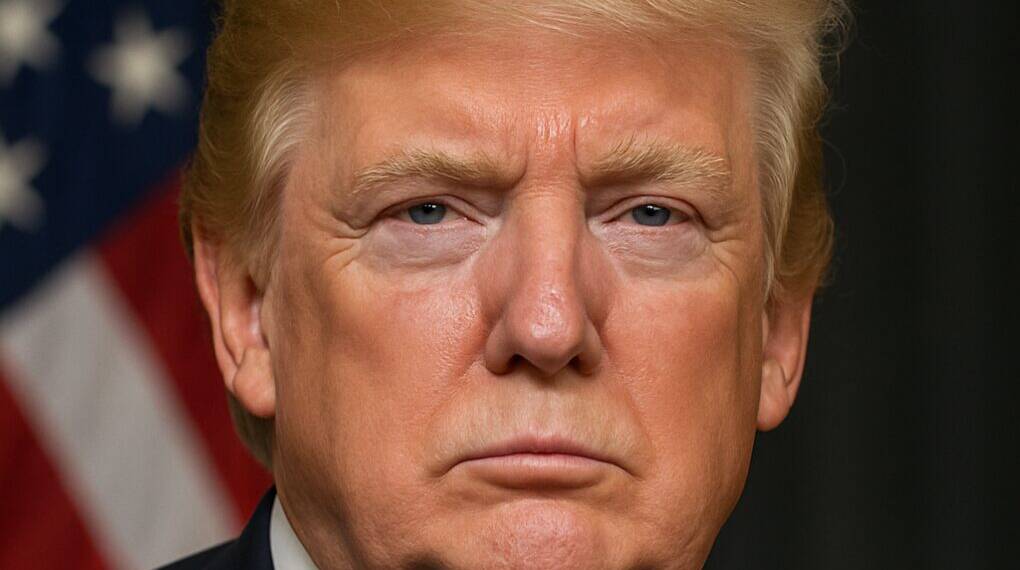In a striking announcement that bridges the worlds of geopolitics, diplomacy, and Gandhian ideals, the Imagindia Institute, a leading Indian foreign affairs think tank, declared its intention to nominate U.S. President Donald J. Trump for the Gandhi Peace Prize — provided that he successfully mediates and facilitates a peace accord between Cambodia and Thailand at the forthcoming ASEAN Summit in Kuala Lumpur on October 26, 2025.
The proposal, unprecedented in both symbolism and timing, places India’s civilizational philosophy of peace at the center of modern Asian diplomacy, underscoring how Gandhian ideals can transcend national boundaries and inspire reconciliation even amid rising global tensions.
A Rare Opportunity for Asian Peace
According to diplomatic insiders, President Trump is expected to hold high-level meetings with Cambodian Prime Minister Hun Manet and Thai Prime Minister Anutin Charnvirakul during the ASEAN Summit. The discussions reportedly aim to finalize a bilateral peace framework that could end decades of border and temple disputes, enhance economic collaboration, and initiate cross-border demilitarization along the Dangrek Mountains.
“If President Trump succeeds in bringing lasting peace between Cambodia and Thailand, it would stand as one of the most consequential acts of peace diplomacy in Asia in the early decades of the twenty-first century,” said Robinder Sachdev, President of the Imagindia Institute.
He further emphasized that the peace process carries deep civilizational symbolism:
“Thailand and Cambodia are civilizational siblings of India — part of a shared cultural geography bound through millennia of faith, temples, teachers, and the pursuit of balance and the Middle Path. Their reconciliation, achieved through dialogue, would rekindle Asia’s timeless ideal — where wisdom tempers power, balance transcends rivalry, and compassion once again guides the art of statecraft.”
The ‘Garden of Peace’ — A Living Symbol of Reconciliation
As part of this initiative, Imagindia has proposed the creation of a ‘Garden of Peace’ in the neutral buffer zone adjoining the Preah Vihear Temple, located between Cambodia’s Preah Vihear Province and Thailand’s Sisaket Province along the Dangrek Mountains ridge.
The Preah Vihear Temple, a UNESCO World Heritage Site, represents a shared Hindu-Buddhist heritage and stands as a symbol of unity among ancient civilizations of the region. Imagindia envisions transforming the area—once a hotspot of tension—into a sanctuary of trust and coexistence.
The conceptual design includes:
Twin Cambodian and Thai peace pavilions, symbolizing equality and partnership.
A lotus-lined bridge uniting the two structures, inscribed with verses celebrating peace and balance.
Joint sponsorship from India and ASEAN, affirming Asia’s shared spiritual and civilizational roots.
The proposed garden would not only mark a new chapter in Southeast Asian diplomacy but also serve as a living embodiment of Gandhian philosophy — that peace must be cultivated continuously, just like civilization itself.
Conditional Nomination — The Gandhian Spirit of Diplomacy
The Gandhi Peace Prize, instituted by the Government of India in 1995, honors individuals and institutions that promote peace, non-violence, and humanitarian service. Its distinguished laureates include Nelson Mandela, Baba Amte, Yohei Sasakawa, Sultan Qaboos bin Said, Dr. Julius Nyerere, and Gerhard Fischer — all recognized for advancing compassion and non-violence in global affairs.
Imagindia’s proposal to nominate President Trump is explicitly conditional upon the successful signing of a verifiable peace accord. Mr. Sachdev clarified that the initiative is non-political and purely grounded in the principles of peace and dialogue:
“If the Kuala Lumpur meeting results in a signed agreement, India and the world should recognize that peace can emerge even from disruption — when leadership channels power toward dialogue. That, in essence, is the Gandhian spirit.”
Upon the signing of the accord, Imagindia will formally submit its nomination to the Ministry of Culture, Government of India, accompanied by a detailed policy brief outlining how the Cambodia–Thailand peace process reflects Gandhian principles of non-violence, coexistence, and civilizational harmony.
A New Era of Diplomacy Rooted in Civilizational Wisdom
The announcement marks a rare convergence of American diplomacy, Indian civilizational thought, and Southeast Asian geopolitics. Should the peace accord materialize, it would represent not just a triumph of negotiation but also a restoration of Asia’s moral leadership in global peacebuilding.
Through its proposal, Imagindia has placed India’s Gandhian worldview at the heart of international diplomacy — asserting that true leadership is not measured by dominance but by the ability to reconcile, rebuild, and restore balance.
In an age often defined by polarization and rivalry, this initiative serves as a powerful reminder that the spirit of Gandhi remains relevant — not as a relic of the past, but as a living guide for the conduct of nations in the twenty-first century.








